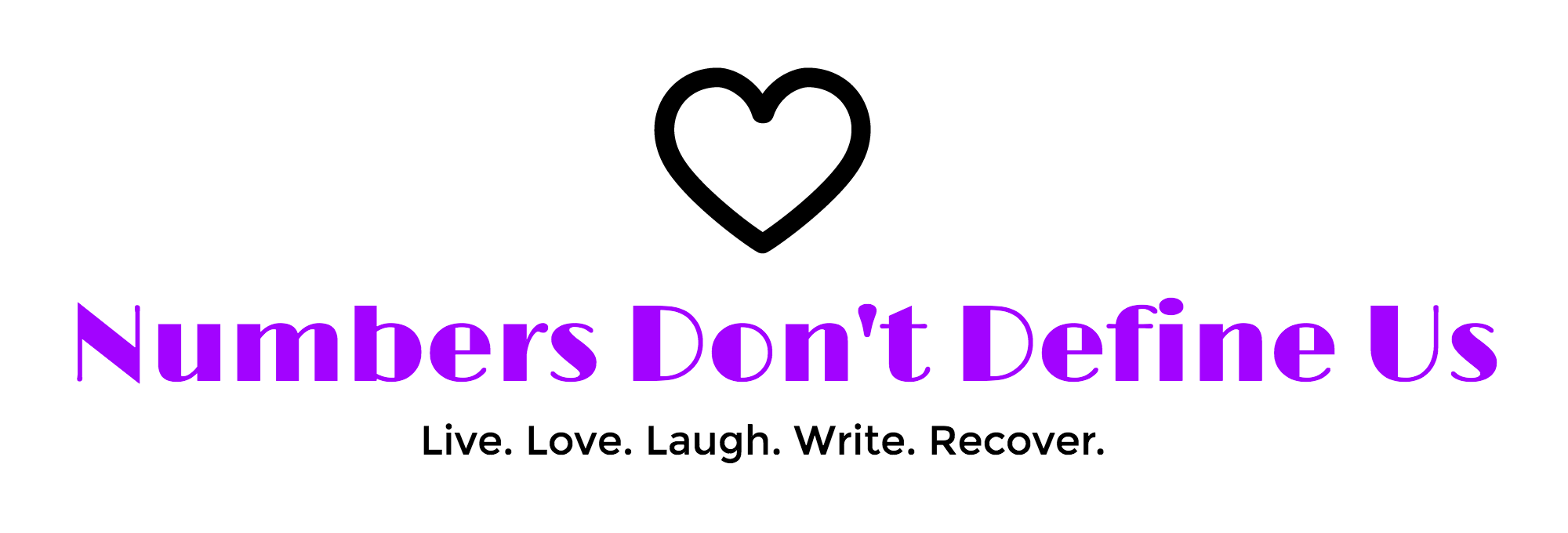Denial
I remember so clearly the first time I learned what anorexia meant. I can’t seem to remember much of anything else from 7 years ago, but I do remember this: I was on line at the grocery store and I saw a magazine, titled as follows: “Olsen Twin: Anorexic?” And as I looked at the cover, I saw a frightening hollowness poisoning the face of an actress who used to look so….different. I saw a lifelessness and emptiness to a girl who used to look so full of life. That would never be me, I thought—I love food too much. I didn’t really even give it a second glance. But in that moment, I learned the definition of a word that would wreck havoc on my life in the coming years.
I remember the first time a doctor diagnosed me with anorexia. It was the June of 2012, the last week of school. It was supposed to be an exciting time, a time filled with camp and the beach and freedom. It was supposed to be—but it wasn’t. Instead, I was trapped in a freezing room in a hospital gown with a doctor I hated and two crying parents. I tried to tune everything out in that doctor’s office, but deep in my mind, I could still see the tears of my mother. I could still feel the disappointment of my father. I could still hear the words I never thought I would hear: “Your daughter has anorexia nervosa.”
For a long time after that—a good chunk of my middle school years—I was stuck in the first phase of grief: denial. I pretended that I didn’t have the disorder. I kept telling myself over and over again that I was fine so that maybe I would begin to believe it. I fought every step of the recovery process. I lied a lot; I hurt so many people. I was a teenager—a rebellious, confused teenager—who thought I knew everything. I was fine. It’s not like I was about to drop dead any second….so I wasn’t sick, right? Wasn’t it those doctors, with all their years wasted at medical school, who misdiagnosed me? Definitely. And I made sure they knew how clueless I thought they were. I remember, after looking at the graduation certificates on my therapist’s walls, I snarkily commented that she didn’t know what she was talking about because she went to a bad college. Looking back, I am mortified at my behavior: I was so resistant and close-minded to the idea that I even needed recovery that I inadvertently made relapse inevitable.
And relapse did come. And another. And another….Each became more and more intense. I became a nomad, travelling from treatment center to treatment center. With every month came a “home” with a new address. I missed out on so much of my childhood—family vacations, Christmas breaks, school (although that wasn’t as heartbreaking), and watching my 2 year old brother grow up. I traded in a good life—the best life—for one filled with stale tears, feeding tube threats, and empty, deafening solitude.
I am telling you this story to show you that without an open mind, recovery will be impossible. Without acceptance, recovery can never even begin. Without the will, you will stand in a shadow watching life drift on without you. Without acknowledging that others may know more than you, you can never progress. I know, especially if you are an adolescent, you may think recovery is just an added burden….but trust me, it is the greatest gift of all. I owe basically everything I have to my recovery—because without happiness and love, we have nothing.
